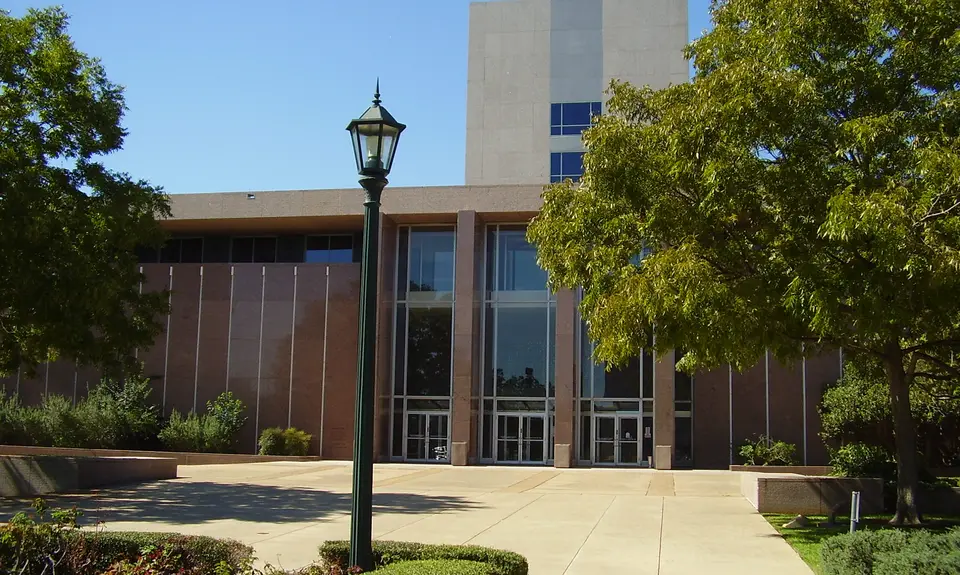The whole country has now witnessed a nightmare worthy of “The Handmaid’s Tale” unfold for a Texas woman, Kate Cox. After a court denied the abortion her doctors said was medically necessary, Cox was forced to flee her home state to get care because of Texas’s extreme abortion ban. The case exposed not just one family’s heartbreak, but also the hollowness of promises that abortion bans can include exceptions for the life and health of the mother.
Meanwhile, while the Cox family’s tragedy played out, legislators in Missouri were plotting to make things even worse in their state.
Republicans in both the state House and Senate said they planned to introduce bills in January that would allow homicide charges against people who get abortions. One of those legislators has since withdrawn his bill, complaining about bad publicity.
But the threat lingers. With the curtain set to rise on numerous state legislative sessions next month, there is a lot to be wary of nationwide, and on many fronts.
Far-right lawmakers have set their sights on obliterating reproductive freedom in several states.
The research organization MultiState reports that abortion restrictions are currently facing legal challenges in Montana, Wyoming, Indiana and Ohio, but: “We anticipate that if the restrictions in these cases are not upheld in court, each of these states’ legislatures would likely act in response to pass new restrictions” in 2024.
In New Hampshire – New Hampshire! – a bill was pre-filed that would establish a 15-day abortion ban.
We can expect major fights over voting rights when legislatures reconvene, as well.
The Voting Rights Lab tracks state legislation that affects voting rights, including numerous bills pre-filed for 2024 sessions. It shows a mixed bag with some standout threats. They include bills in Missouri, where a lawmaker pre-filed a bill to mandate hand counts in elections, and Wisconsin, where far-right lawmakers want to abolish the bipartisan state election commission and put elections in the hands of the GOP-controlled legislature.
Meanwhile, 2023 was a record year for both the introduction and passage of anti-LGBTQ legislation in the states, and 2024 is shaping up to be just as bad. In Missouri (again), lawmakers have pre-filed more than 20 bills to deny LGBTQ rights. Restricting gender-affirming care for young people was rampant in states in 2023; the outlook for 2024 is grim.
And of course, the war over book-banning and censorship that took off in Florida threatens to continue in other statehouses. Book-banning efforts overwhelmingly target books by and about the Black and LGBTQ communities and often originate in individual school districts. But state legislators are guilty too.
State legislatures in 2024 will open in the wake of a year in which a half-dozen states passed bills calling for criminal penalties for librarians who violate censorship laws. Sessions will be heated: in Pennsylvania, a state Senate bill calling for book bans is now being countered by another bill calling for a ban on book bans.
There are bright spots. California and Illinois have prohibited book bans. And reproductive rights advocates in nine states so far hope to replicate in 2024 what Ohio did in 2023 and pass referenda to protect abortion rights.
Those successes only underscore the bottom line for 2024: While all eyes will be focused on the presidential race, state governments can and will take hundreds of actions with the potential to save, improve — or ruin — lives.
And that means that when November comes, nobody should cast their vote for president and call it a day. It can be hard for us in Washington to think outside of the Beltway bubble, but we have a responsibility to emphasize the critical importance of local offices, too.
The importance of voting is not just for federal offices but for the people in state and local offices that influence how everyday people experience democracy.
Voters have a few months, starting now, to turn up the spotlight on state legislatures and make up their minds about who is working in their best interests and who isn’t. The stakes for our country are as high as they’ve ever been.
